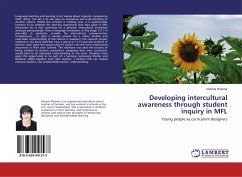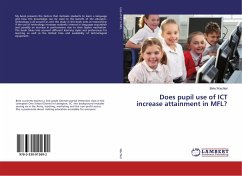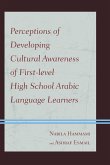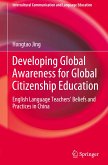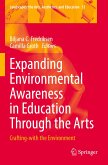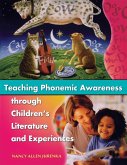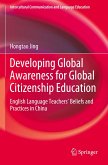Language teaching and learning is not merely about linguistic competence itself; rather, the aim is to also gain an awareness and understanding of another culture. Whilst this concept is nothing new, it is questionable however as to whether the learning experiences that take place in MFL classrooms do in fact contribute to a genuine intercultural awareness amongst young people. Does a language curriculum, at Key Stage 3 (11-14 year-olds) in particular, provide for intercultural communicative competencies , or does it merely provide for a rather shallow and essentialist understanding of the culture in question? The research project outlined in this book describes how a group of 12-13 year-old students of German were given the opportunity to inquire into the term 'intercultural awareness' in their own context. The intention was that the process of being involved as student researchers, designing their own curriculum, would lead to an improved understanding of the term. Students were given the opportunity to be part of a learning community (Flutter and Rudduck, 2004) together with their teacher; a method that can indeed enhance student, and undoubtedly teacher, understanding.
Hinweis: Dieser Artikel kann nur an eine deutsche Lieferadresse ausgeliefert werden.
Hinweis: Dieser Artikel kann nur an eine deutsche Lieferadresse ausgeliefert werden.

